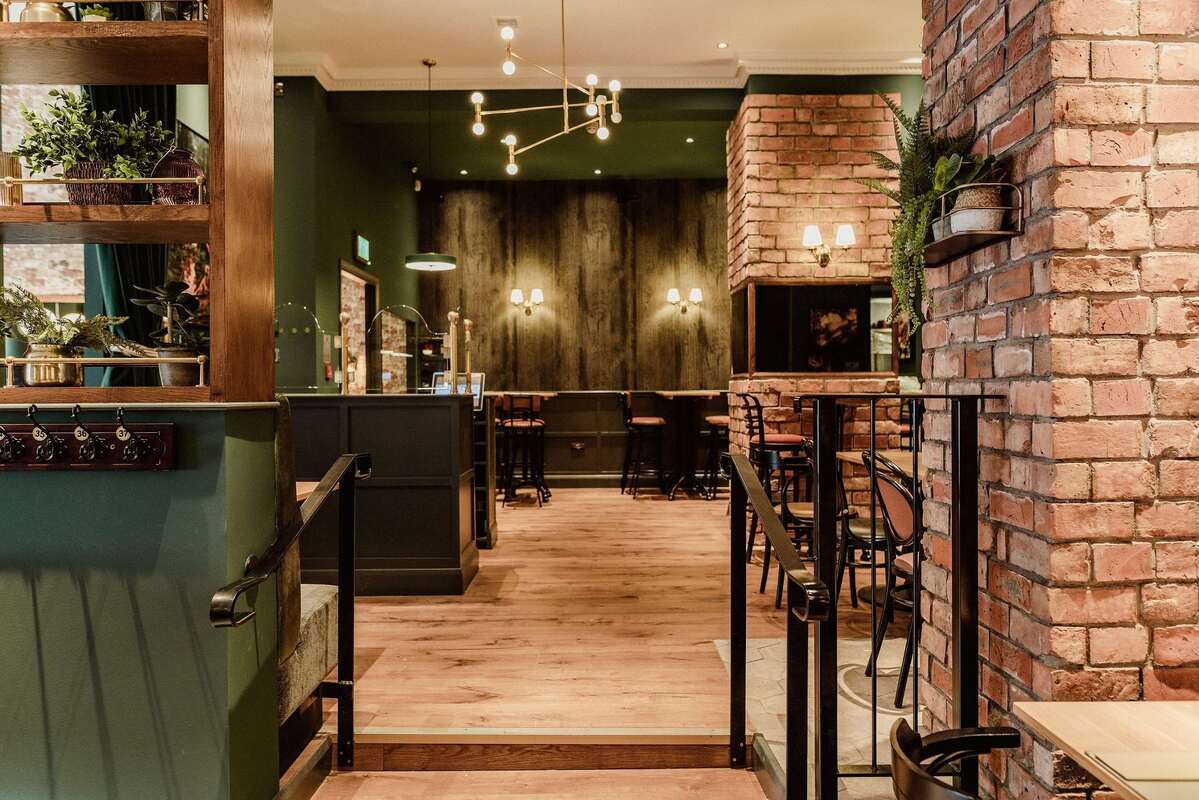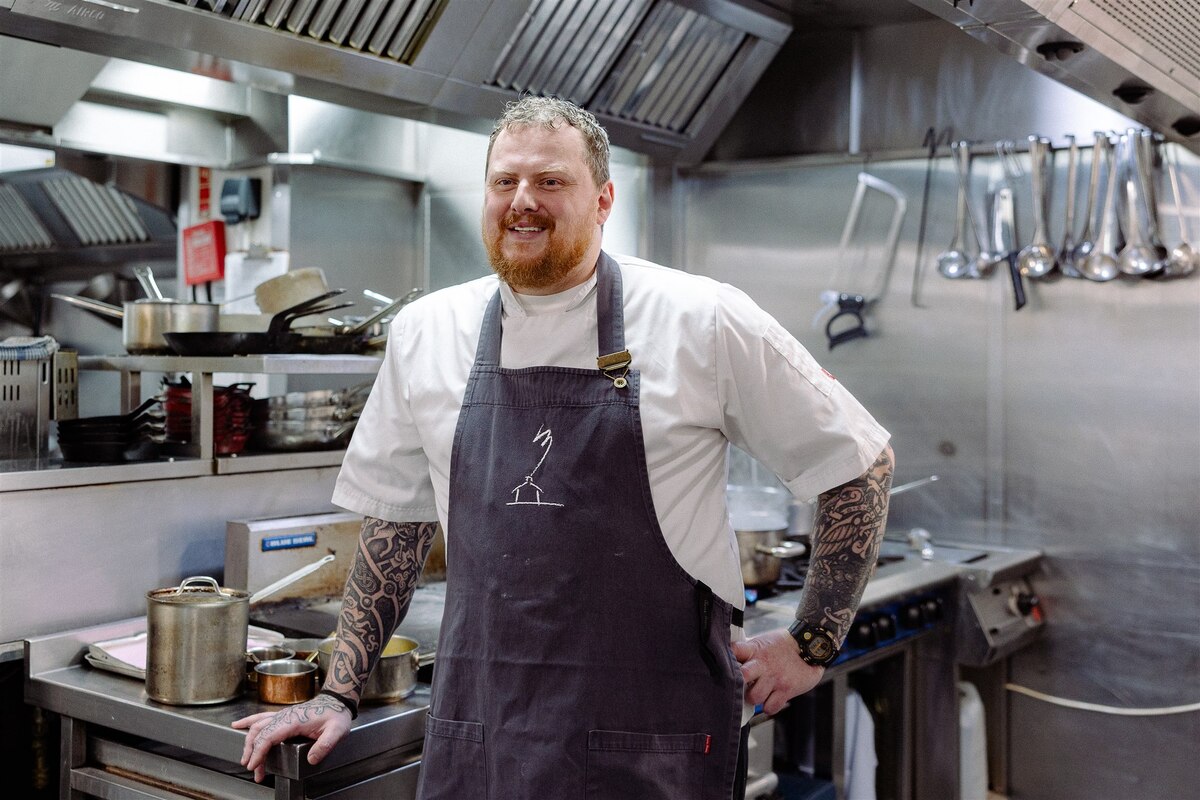Chef Alyn Williams wins unfair dismissal case against the Westbury
An employment tribunal has found chef Alyn Williams was unfairly dismissed from the Westbury hotel in 2019 after hosting a personal party at his restaurant within the property, with the judge describing his disciplinary process as a “side show”.
The restaurant Alyn Williams at the Westbury opened in 2011 and was awarded a Michelin star in 2012. The 225-bedroom Westbury hotel in London’s Mayfair is owned by Cola Holdings and operated under Marriott International's Luxury Collection.
On 28 July 2019 Williams used the restaurant to host a private lunch for friends and family, including his children. He brought the food and drinks and used the restaurant kitchen to cook a meal.
During the party, Williams set up improvised football goals in the main area of the restaurant, using two of the restaurant’s armchairs and a small net he had brought with him. On CCTV footage two boys could be seen playing with a small soft ball, kicking it into the goals, as well as kicking and throwing the ball against the walls and the ceiling and chasing each other around the restaurant.
One of the boys also took a small bottle of Tabasco sauce from the bar and drank some of it by dripping it from the bottle into his mouth. The other boy on 14 separate occasions took and ate sugar cubes from bowls on the tables laid for breakfast. On one occasion he took a sugar cube after wiping his nose, and on another occasion after scratching his groin through his trousers. No damage was done to the restaurant’s fixtures and fittings by the children or guests.
This was not the first occasion Williams had used the restaurant to host a private event; in fact, he had done so on 61 previous occasions. He had an agreement on his private use of the restaurant with the hotel’s former management on the condition that afterwards he must clean the areas used and everything must be returned to the same condition. It was understood that there was no need for him to ask permission from the general manager to use the restaurant for a private event on every occasion, so long as those conditions were respected.
Williams told the tribunal that he did not know that under the new management this use was no longer permitted or that he had to seek permission, and that had he been told to stop using the restaurant for private events he would have immediately done so.
On 11 October 2019 Williams was summarily dismissed without notice or payment in lieu of notice for gross misconduct on the allegations that the use of the restaurant and kitchen was unauthorised, that he allowed children to play in the restaurant and touch company goods, and that non-members of staff had access to the kitchen and to use company property.
The tribunal also heard that there were five weeks’ delay between his suspension and dismissal so that the restaurant would not lose its Michelin star.
Williams appealed against his dismissal on several grounds, and Judge P Klimov found that the decisions made by management were not due to them exercising an independent judgment, but were dictated by what they considered necessary to arrive to a predetermined outcome.
The judge said: “On the balance of probabilities, I find that the true reason for the claimant’s dismissal was because the respondent’s management was either directly instructed by [owner of Cola Holdings] Mr [Azad] Cola to dismiss the claimant, or they had understood that Mr Cola wished the claimant to be dismissed and felt obliged to do that to meet Mr Cola’s expectations and regain his trust, and fearing repercussions for themselves if they failed to carry out his wishes.”
Judge Klimov acknowledged that the private party was “disrespectful and caused offence to the owners of the restaurant”, and Williams admitted that it was “silly”, and that if he had seen the children drinking Tabasco sauce or picking up sugar cubes and he would have stopped them.
However, the judge said the disciplinary process “from start to finish was superficial” and he was not satisfied that the hotel genuinely considered that Williams’ conduct was gross misconduct. He said the hotel failed to conduct a reasonable and fair investigation, to consider alternative sanctions, and to consider Williams’ clean disciplinary record and exemplary service.
Judge Klimov said “the writing was on the wall” for Williams, and there was nothing he could have said or done during the disciplinary process which would have made the outcome any different, even though the offences were “not serious enough for a reasonable employer to decide that the claimant was guilty of gross misconduct and that dismissal was the appropriate sanction”.
It is yet to be decided if Williams is entitled to compensation.


















